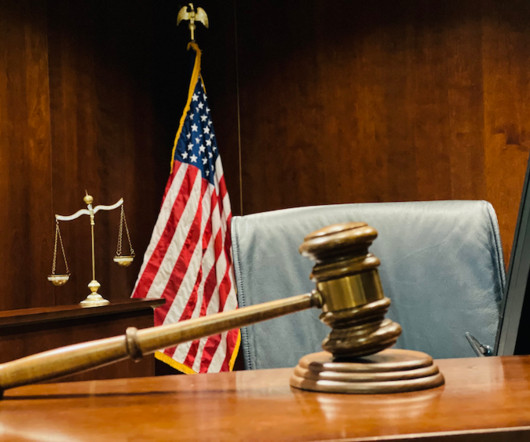SCOTUS Rules Double Jeopardy Bans Retrial of Defendant Found Non-Guilty by Reason of Insanity
Constitutional Law Reporter
APRIL 30, 2024
Georgia , 601 U.S. _ (2024), the U.S. Supreme Court held that the State of Georgia can’t retry a defendant acquitted of murder by reason of insanity. The court vacated both the malice-murder and felony-murder verdicts pursuant to Georgia’s so-called repugnancy doctrine, and authorized retrial. In McElrath v.













Let's personalize your content